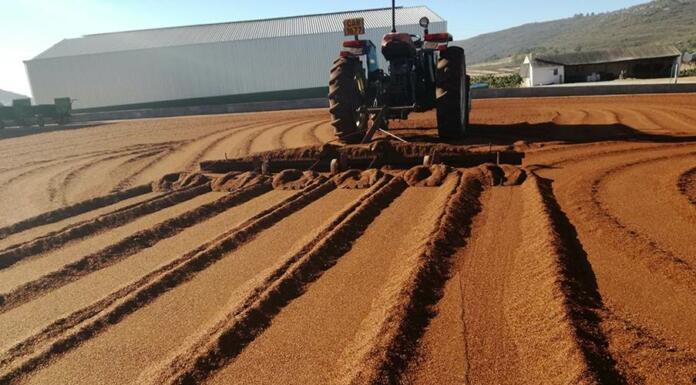JANUARY marks the start of the Rooibos harvest season in Clanwilliam – a quaint town tucked away at the foot of the majestic Cederberg Mountains and the only place in the world where Rooibos grows.
Annually more than 20 000 tons of Rooibos are produced, half of which are exported to 60+ countries across the globe. Today, Rooibos makes up about 87% of SA’s international tea exports of which the biggest importers include Japan, Germany, the Netherlands, UK and the US.
Adele du Toit, spokesperson for the SA Rooibos Council (SARC) says this time of the year, Clanwilliam is a hive of activity and ideal for tourists to visit and experience first-hand how Rooibos is produced.
“While Rooibos is a staple of many South Africans’ daily routines, few are familiar with the fascinating process of how it is farmed.
“During February and March, tiny Rooibos seeds, which are collected by hand, are germinated in nurseries. From June to August, seedlings are transplanted to the Rooibos fields where they will grow to maturity. It takes about 18 months before the plants can be harvested for the first time.
“The Rooibos crop is harvested once a year from summer to early autumn by cutting off the branches about 50cm above the ground. These cuttings are bound into sheaves and transported to the processing yard where they are machine-cut to uniform lengths of between 1.5mm and 5mm. The cuttings are then bruised prior to starting the fermenting process, which will develop the characteristic colour and flavour of Rooibos.
“During the fermenting process, the cut and bruised Rooibos is distributed across huge drying yards where it is ploughed over to air.
“After watering, it is left to sweat in heaps for 10 – 14 hours at temperatures of 34°C – 38°C. The fermentation process involves oxidation, brought about by enzymes that are naturally present in the plant. This allows the Rooibos to change from green to deep amber while developing its distinct aroma. Then it is collected by special machines and taken to the processing facility for further processing which includes pasteurisation.
“Finally, Rooibos is graded according to length, colour, flavour and aroma, and is then sent in bulk or retail packs (teabags or loose leaf) to various packers and exporters around the world.”
Du Toit says because of Rooibos’ many health benefits, local consumption is increasing and with the recent registration of Rooibos as a Protected Designation of Origin (PDO) in the EU, the sector is likely to see a spike in international demand too.
“Rooibos is the first African food product to receive PDO status from the EU, which identifies and links a product to a specific region, associating its quality and reputation to that area. In Rooibos’ case, it’s the Cederberg region – the only place on the planet where the climate and environment are favourable for growing Rooibos.”
While the Rooibos industry currently provides work for more than 8 000 farmworkers, as well as additional employment in upstream activities such as processing, packaging and retailing, du Toit adds that the PDO registration is likely to further stimulate job creation and interest in the Cederberg region.
“The Cederberg has much to offer tourists by way of the ‘Rooibos Route’ where visitors can learn how Rooibos moves from farm to cup, while exploring the unique sights and sounds of the region that’s a short two hours’ drive from Cape Town,” she says.
